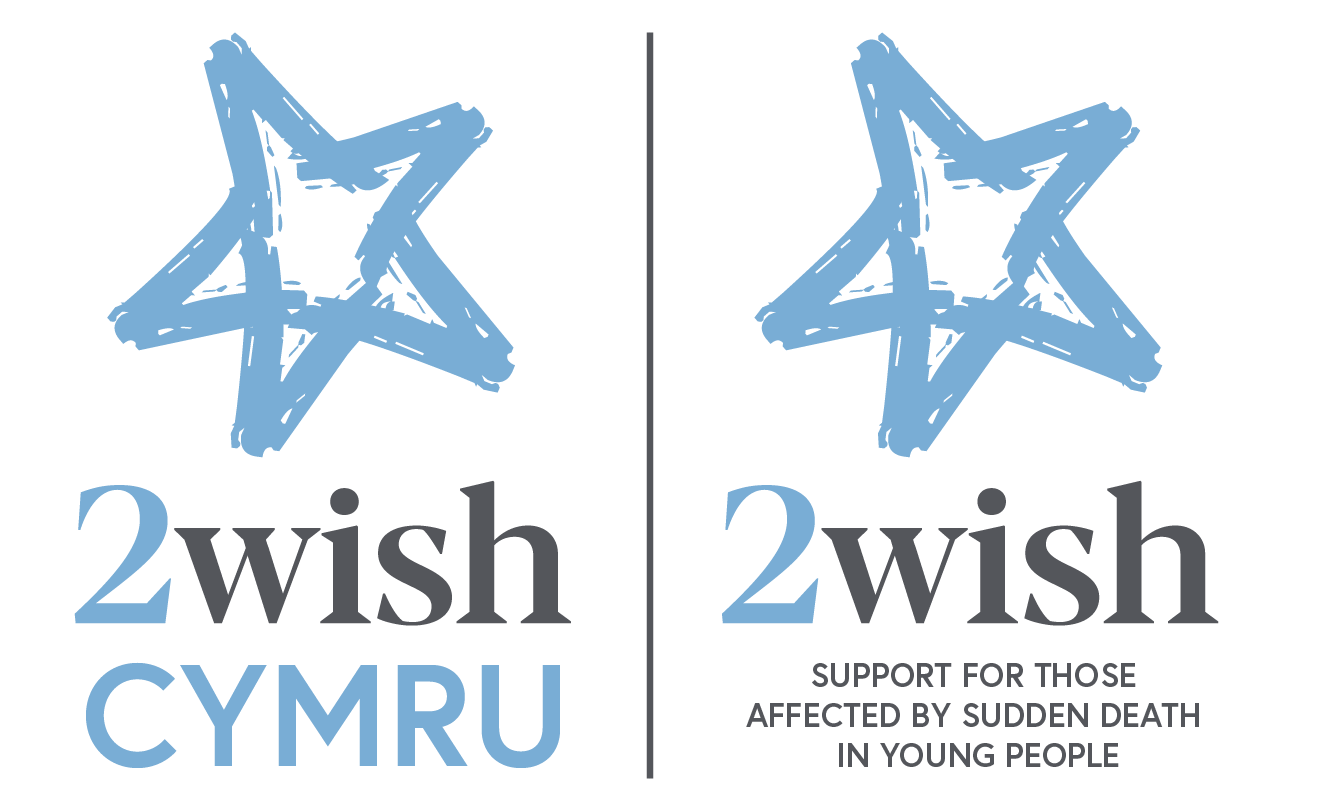Play Therapy

Play Therapy is a form of psychotherapy that uses play to help children deal with emotional and mental health issues. By using play and creative techniques, children are able to explore their feelings and thoughts and begin to process and understand muddled feeling and upsetting events. We offer Play Therapy to children aged between 4-12 years old who have been affected by the sudden death of a young person.
Play is vital to every child’s social, emotional, cognitive, physical, creative and language development. It helps make learning concrete for all children and young people including those for whom verbal communication may be difficult.
Play therapy helps children in a variety of ways. Children receive emotional support and can learn to understand more about their own feelings and thoughts. Sometimes they may re-enact or play out traumatic or difficult life experiences to make sense of their past and cope better with the future.
All our Play Therapists are self-employed and we work alongside Play Therapists from all across Wales. Every Play Therapist is registered with the British Association for Play Therapy (BAPT) and we follow their guidelines strictly.
Please visit https://www.bapt.info/ for further information.
Talking to children about the death of a loved one
Talking to your child about the death of someone close may be the hardest thing you have ever done or will do.
Children experience grief differently to adults. For adults, it feels like having to wade through rivers of grief and they may get stuck in the middle of a wide sea of grieving. For children, their grieving can seem more like leaping in and out of puddles. First reactions may range from great distress to seeming not to be interested. One minute, they may be sobbing, the next they are asking “what’s for tea?” It does not mean they care any less about what has happened.
When children ask difficult questions, there is no automatic need to give a long explanation. It is often best to start by asking: “What do you think?” and then building on their answer.
Younger children may be confused by some of the everyday expressions that people use when someone dies, such as describing the person as ‘lost’, ‘gone’ or ‘passed away’. It is best to keep language simple and direct. Saying that someone has ‘died’ or is ‘dead’ is honest, helps to avoid confusion and encourages acceptance.




